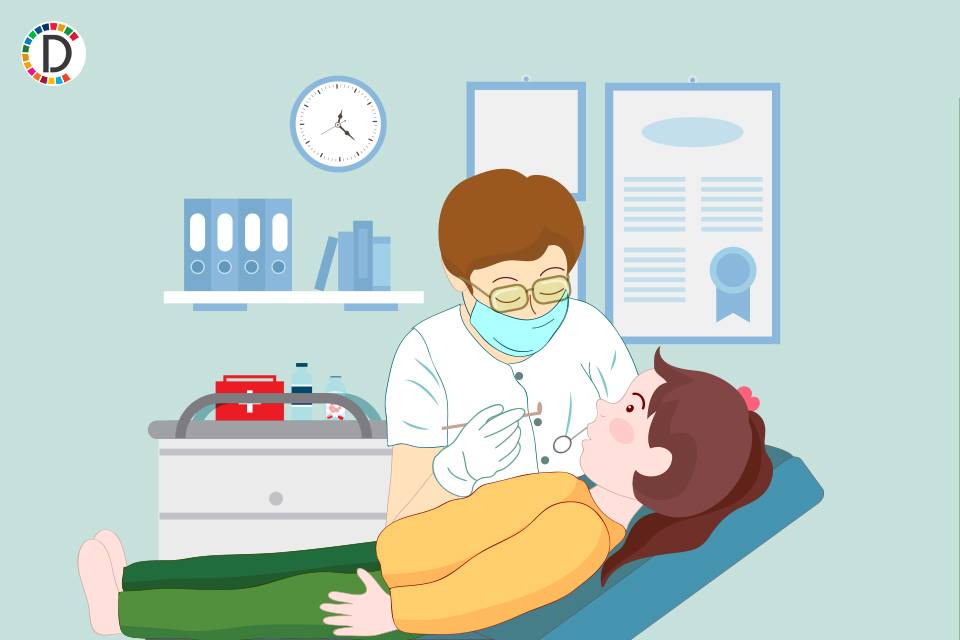Kenyan hip hop artist Juliani stages online concert to highlight coronavirus divide

- Country:
- Kenya
By Nita Bhalla NAIROBI, May 15 (Thomson Reuters Foundation) - Popular Kenyan hip hop artist Juliani will stage an online concert on Sunday to draw attention to the social inequalities exposed by the COVID-19 pandemic that has caused multiple challenges for the country's poor.
Juliani, who was raised in Nairobi's Dandora settlement that is also the largest dump site in the capital, said the concert was for his fans, most of whom are from city slums and crippled by the arrival of the coronavirus in the east African nation. Stay at home orders were hindering their ability to work, he said, while measures to prevent infection, like hand-washing and social distancing, were impossible for these communities.
"They have no jobs and no food because of the lockdown measures, they face brutality from police who are enforcing curfews, there is increased gender based violence," said the 36-year-old musician, who has over 260,000 followers on Twitter. "The concert is to highlight these issues and reflect on the shortcomings that have led to the extreme vulnerability of these communities - but it is also to give hope," he told the Thomson Reuters Foundation.
The "One Day" concert is named after one of Juliani's most famous songs about how things can change for the poor. Musicians ranging from Lady Gaga to Cold Play have taken to the internet in recent months streaming free online concerts to provide solidarity with health workers, raise funds for charity, and entertain their fans locked down at home.
Many African singers have also composed songs or re-purposed old classics with fresh lyrics aimed at spreading awareness about the virus and advising people to maintain social distancing, regular hand-washing and wearing a face mask. Juliani said messaging on protecting yourself from the virus was largely designed at the "rich and elite".
"Not everyone can stay at home and earn a living. In my neighbourhood, we have families of more than five people who are living in a very small space. Households share outside toilets and water is not enough," said Juliani. "Asking people to buy a mask when they have no money for food or telling them to maintain social distancing in the environments that they live in is difficult."
Kenya has confirmed more than 780 cases of COVID-19 and 42 deaths, according to the Ministry of Health. The government has imposed a dawn-to-dusk curfew and other social distancing measures aimed at slowing the spread of the virus, but policies have hit vulnerable communities who rely on a daily wage for their survival, according to social activists.
Juliani said his concert tapped into rising sentiments amongst Kenyans over the widening gap between rich and poor, adding it was an opportunity to re-think existing policies and demand changes in our societies. "Now is the time to demand a Kenya and a future that works for everybody, especially the most vulnerable," said Juliani, whose rap songs focus on issues from poverty to unemployment.
"I believe this is an opportunity for Kenyans to reimagine the future of Kenya as we want it to look, as a society where we all can live in full humanity." The event, which is being supported by a coalition of charities known as the Kenya Fight Inequality Alliance, will be streamed live on Facebook, Instagram and YouTube.
(This story has not been edited by Devdiscourse staff and is auto-generated from a syndicated feed.)
ALSO READ
Elephant deaths trigger Kenyan call for Tanzania to curb hunts
Kenyan hospital lays off 100 striking doctors as nationwide strike nears a month
Emma Bates, a top US contender in the Boston Marathon, will try to beat Kenyans and dodge potholes
Hellen Obiri claims back-to-back Boston Marathon titles, leading Kenyan podium sweep










